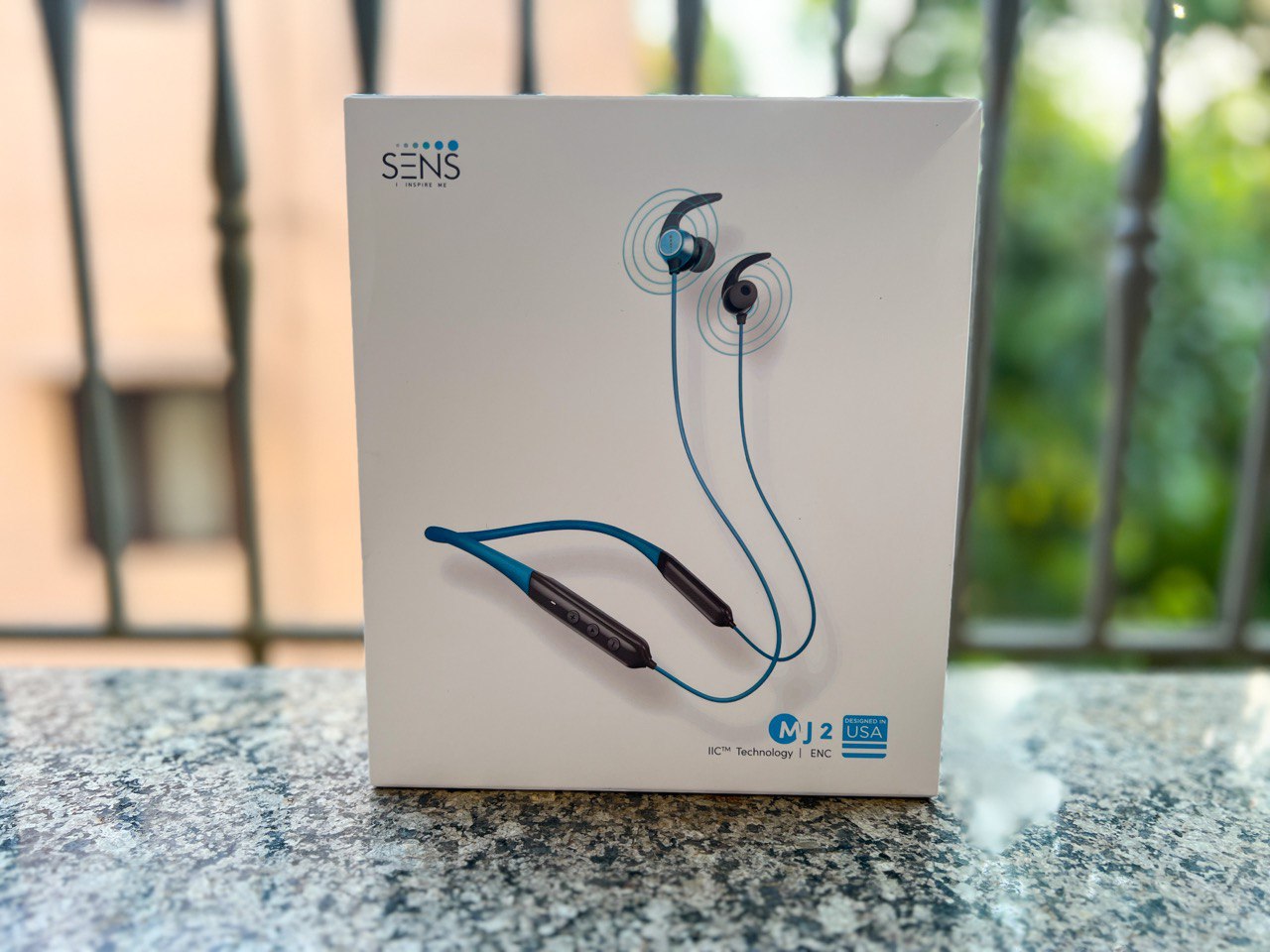
Today, a leaked internal email from Apple CEO Tim Cook expressed outrage over the New York Times‘ scathing exposé revealing the harsh working conditions of Apple’s many Chinese suppliers. Cook insisted that Apple has done and will continue to do everything they can to improve worker conditions, and he even questioned the validity of the New York Times article, saying “Any suggestion that we don’t care is patently false and offensive to us. As you know better than anyone, accusations like these are contrary to our values. It’s not who we are.”
The New York Times article reveals a number of worker’s rights horror stories – including two explosions in the past seven months at the same iPad factory, which killed four and injured 77 more. With the company’s announcement of their most lucrative quarter of any corporation in history last week, one wonders if this achievement is at the price of human lives and welfare.
The Foxconn factory located in the industrial area of Chengdu is Apple’s largest, fastest, and possibly most dangerous supplier. Thousands of workers live in dorms onsite and produce most of the world’s supply of iPhones and iPads. The hazardous conditions of this factory in particular had been reported to Apple by an advocacy group in Hong Kong whose published record openly said “occupational health and safety issues in Chengdu are alarming, workers also highlight the problem of poor ventilation and inadequate personal protective equipment.” Two weeks later an explosion ripped through the factory killing four workers and injuring many others. Factory employees have also begun to complain about endless hours, crowded and dirty facilities, and even numerous suicides on the premises.
Apple has responded to these claims for many years. Steve Jobs himself commented on the state of Chengdu factories in a speech last year before his death. “I mean you go to this place, and it’s a factory, but, my gosh” he says, “I mean they’ve got restaurants and movie theaters and hospitals and swimming pools, and i mean, for a factory, it’s a pretty nice factory.”
At the heart of this worker’s rights issue is a classic case of supply and demand. The fact of the matter is, a crackdown on safety violations and human rights would slow down Apple’s production. People rarely think about where their iPads come from as long as there are enough made to feed the masses. Additionally, similar stories of unsafe and unjust working conditions have been reported about Dell, Hewlett-Packard, IBM, Sony and, who could forget, Nike’s sweatshops. Just because a number of giant companies put their workers’ lives in danger, doesn’t make it right.










